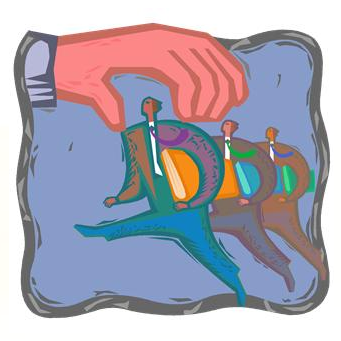eDiscovery Trends: Think Before You Hit Send
eDiscovery Trends: Think Before You Hit Send https://cloudnine.com/wp-content/themes/cloudnine/images/empty/thumbnail.jpg 150 150 CloudNine https://cloudnine.com/wp-content/themes/cloudnine/images/empty/thumbnail.jpg
It’s not the only instance of a one character typo possibly ending a career; instead, it may simply be the latest. Unless you’re living under a rock, you’re probably aware of the “Twittergate” story involving Rep. Anthony Weiner (D-N.Y.), where he initially claimed that a lewd photo posted via Twitter was posted by a hacker to his account, then subsequently admitted this past Monday that he, in fact, posted that picture. Many are calling for him to resign from his Congressional position. The irony is that a one-letter typo may turn out to be his undoing.
read more






